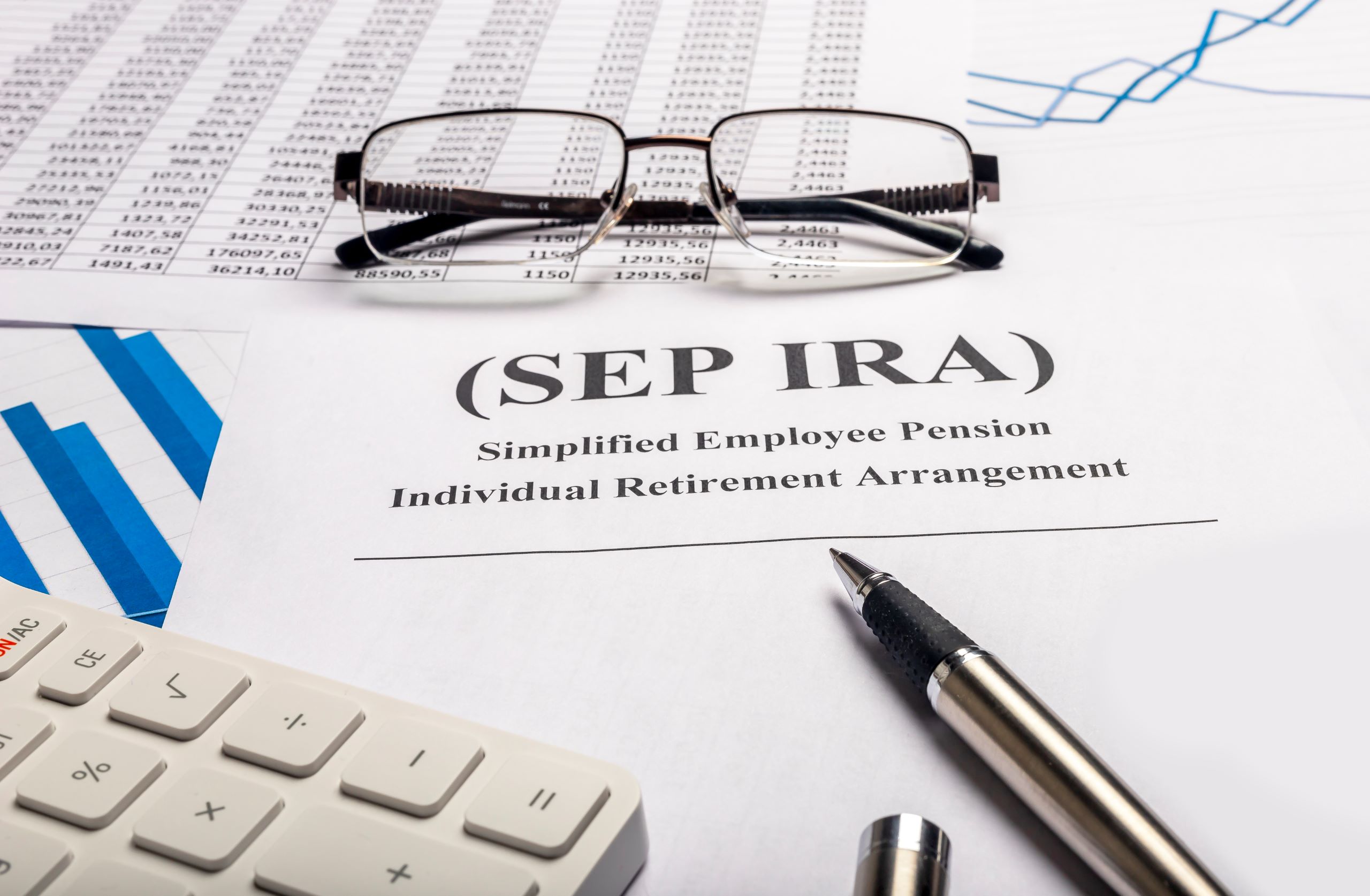
A Simplified Employee Pension (SEP) IRA is a type of retirement savings plan designed for self-employed individuals and small business owners. Here’s an overview of key aspects of SEP IRAs:
Qualification to Contribute
- Employers: Any business owner with one or more employees, including self-employed individuals, can establish a SEP IRA.
- Employees: To be eligible to participate in a SEP IRA, an employee must:
- Be at least 21 years old.
- Have worked for the employer in at least three of the past five years.
- Have received at least $750 in compensation during the year (for 2024; this amount is subject to cost-of-living adjustments).
Maximum Yearly Contribution
- The maximum contribution an employer can make to an employee’s SEP IRA is the lesser of:
- 25% of the employee’s compensation, or
- $66,000 for 2024 (this limit is subject to annual cost-of-living adjustments).
Withdrawal Rules and Regulations
- Withdrawals: Funds withdrawn from a SEP IRA are treated as ordinary income and are subject to income tax in the year they are taken.
- Early Withdrawals: Withdrawals made before age 59½ are generally subject to a 10% early withdrawal penalty, in addition to regular income tax, unless an exception applies (e.g., certain medical expenses, first-time home purchase).
Tax Implications
- Employers:
- Contributions made by the employer to SEP IRAs are tax-deductible as a business expense.
- Contributions are not included in the employee’s gross income.
- Employees:
- Employees do not pay taxes on SEP IRA contributions made by the employer until they withdraw the funds.
- Withdrawals are taxed as ordinary income.
Protection in Case of Employer Bankruptcy
- Employee Protections: Funds in a SEP IRA are held in the employee’s name and are not considered assets of the employer. Therefore, they are generally protected from the employer’s creditors in the event of bankruptcy.
- ERISA Protection: SEP IRAs are subject to some of the Employee Retirement Income Security Act (ERISA) protections, which can provide additional safeguards against creditors in the case of bankruptcy.
A SEP IRA is a flexible and tax-advantageous retirement plan option for self-employed individuals and small business owners. It allows for substantial contributions and offers protection for employee assets in the event of employer bankruptcy. Employees should ensure their accounts are properly titled and managed to maximize these protections.
-Lê Nguyên Vũ-
